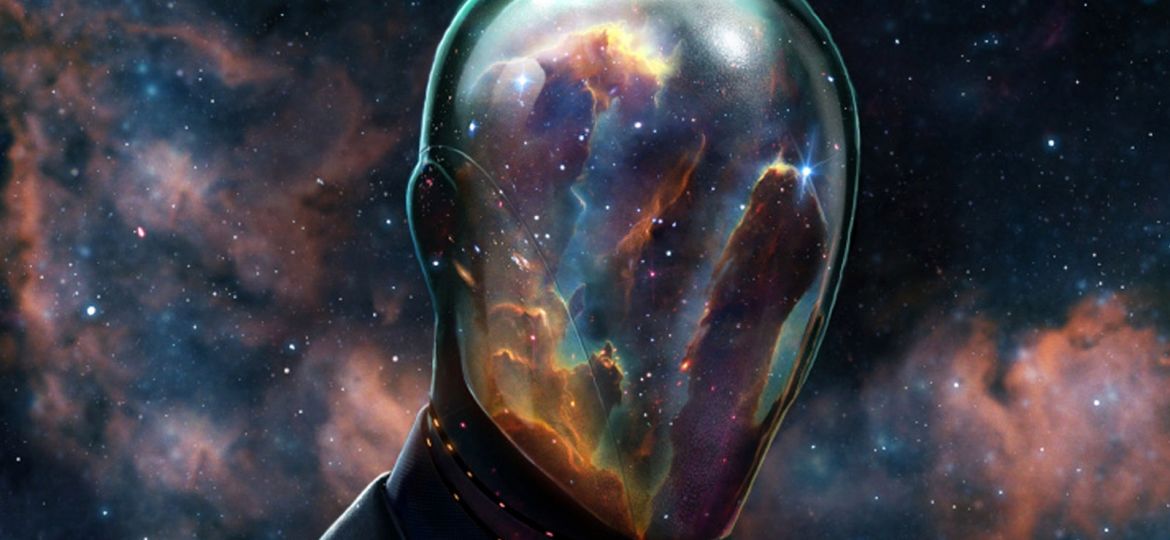
WHY THIS MATTERS IN BRIEF
As the capabilities of artificial intelligence increase, and as technology improves at an exponential rate Kurzweil re-affirms his predictions.
Most people will know of, or at least heard of, Ray Kurzweil, Google’s famed Director of Engineering, and one of the world’s leading futurists. He’s been surveying and forecasting the technology scene for longer than most of us have been alive – speaking of which he’s currently trying to live forever, and one of his ambitions is to bring his long dead father back to life as an avatar – everyone’s got to have a hobby.
Earlier this week at the SXSW conference in Austin, Texas he caused a commotion by announcing two things. Firstly that he thinks artificial intelligence (AI) will pass a Turing Test in 2029, and secondly that he’s set 2045 as the date when we’ll finally realise the Singularity, the point at which we see runaway technological growth that result in unfathomable changes to human civilization.
“By 2029, computers will have human level intelligence,” Kurzweil said in his interview.
Kurzweil’s timetable for the singularity is consistent with other predictions, notably those of Softbank CEO Masayoshi Son, who recently predicted that we’d realise the Singularity in 2047, just two years after Kurzweil’s latest prediction. But for Kurzweil, the process towards this Singularity has already begun.
“That leads to computers having human intelligence, our putting them inside our brains, connecting them to the cloud, expanding who we are. Today, that’s not just a future scenario,” Kurzweil said, “it’s here, in part, and it’s going to accelerate.”
Of course, when it comes to the process of “linking” ourselves either with machines, or AI, he’s right, the process has already begun. Today we’re using Brain Machine Interfaces (BMI) to create telepathic links with robots, as well as each other, and developing systems such as the Neural Lace, and Smart Dust which it’s hoped will be the biological-machine interfaces we need to realise all our dreams of mind melding with the Hive minds our new robo overlords.
The dates that both Kurzweil and Son have predicted are notable for other reasons as well. They draw a fictional line in the sand, and they represent the dates when many believe humanity’s greatest desires, or fears will be realised. The beginning of the beginning, where humanity enters an era where death is consigned to the history books and where we realise new, extraordinary forms of energy and interstellar travel, or, alternatively the beginning of the end where autonomous machines and weapons systems will destroy us all.
Take your pick, I don’t care – I’m going to be on Mars with Elon Musk and Matt Damon. As for Kurzweil he believes that the next step of human evolution is more cyborg than biological.
“Machines are powering all of us already,” he said, “they’re making us smarter. They may not yet be inside our bodies, but, by the 2030s, we will connect our neocortex, the part of our brain where we do our thinking, to the cloud.”
“We’re going to get more neocortex, we’re going to be funnier, we’re going to be better at music. We’re going to be sexier,” he said, “and we’re really going to exemplify all the things that we value in humans to a greater degree.”
To those who view this new cybernetic utopia as more fantasy than future, he points out, as he has many times before, that there are people with computers in their brains today – Parkinson’s patients – who, in some cases use them to help turn Parkinson’s on and off. That’s how cybernetics is just getting its foot in the door, he says. And, because it’s the nature of technology to improve, he predicts that during the 2030s some technology will be invented that can go inside your brain and help your memory, again, something that we’re already starting to see, albeit at a component level at the moment.
“Ultimately, [the Singularity] will affect everything,” Kurzweil said, “we’re going to be able to meet the physical needs of all humans. We’re going to expand our minds and exemplify these artistic qualities that we value.”
I’m still going to be on Mars… just me, Elon, Matt and a bunch of brain controlled nanobots. And as for my own prediction about the Singularity well mine’s 2044 – just in case you were wondering what my take on all this was. Ah well, someday I’m sure someone will ask me. But until that time remember to be nice to AI’s, especially as now they can remember things…
















